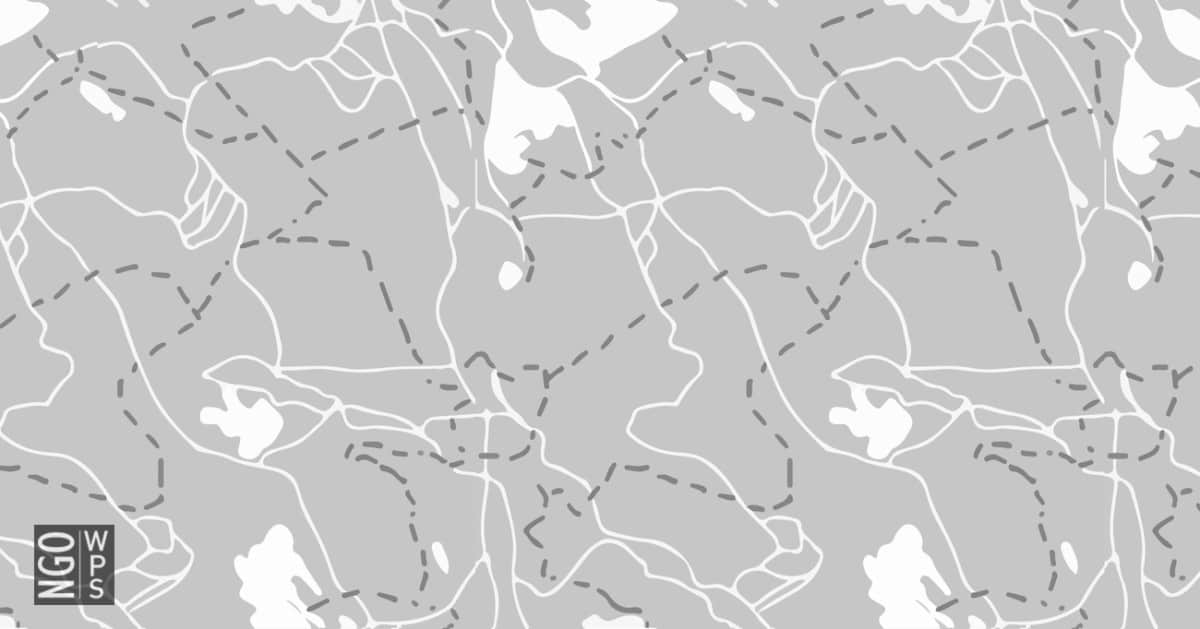For April, in which the Russian Federation has the presidency of the UN Security Council, the MAP provides recommendations on the situations in Haiti, Libya, and Somalia.
Haiti
As the Council considers the multiple related crises facing Haiti, it’s critical that all discussions are informed by gender-sensitive conflict analysis and a rights-based lens. The situation is characterized by widespread violence against civilians, lack of access to food, water, shelter or healthcare, and displacement, with particular impacts on diverse women and girls, who already face pre-existing inequality and discrimination. Human rights defenders, including women human rights defenders, are facing serious risks as a result of their work. Gender-based violence, including sexual violence, which was already widespread and is exacerbated by the widespread trafficking of firearms and ammunition, is currently utilized by armed individuals and groups in order to “terrorize, subjugate and punish” the civilian population, including girls who have been abducted as a form of coercion.
Discussions within the Council, as well as any adopted outcomes, must reinforce the importance of any response being grounded in international humanitarian and human rights law, and express unambiguous support for human rights defenders and peacebuilders, who should be allowed to operate freely and without fear of threat or reprisal. Finally, all peace and political efforts must ensure the full, equal, meaningful and safe participation and leadership of diverse women.
Libya
In its discussion of the situation in Libya and the latest report of the UN Support Mission in Libya (UNSMIL), Council members must call for the protection and promotion of the full spectrum of women’s human rights and the full, equal and meaningful participation and leadership of diverse women, including young women, displaced women, Indigenous women and women with disabilities, in formal, substantive and specific roles at every level of the peace process and in provincial councils at the local level, including through adoption of a 30% quota. Council members should request updates and specific details regarding UNSMIL’s implementation of the women, peace and security agenda, including efforts to support the full, equal and meaningful inclusion and leadership of diverse women, including young women, in the design and implementation of all aspects of any peace processes, including the ongoing political processes and the ceasefire agreement monitoring. Council members must call upon the interim Government to integrate the recommendations by Libyan women who participated in the Libyan Political Dialogue Forum (LPDF).
In line with its call for all parties to create a safe and enabling environment free from threats, violence, and harassment (S/RES/2656 (2022), PP), and in the context of efforts to undermine freedom of expression and association, including the Supreme Judicial Council’s March-issued legal opinion invalidating the legal establishment of untold numbers of civil society organizations in Libya, including women’s groups, preventing them from operating freely without fear of violence, the Council should not only draw attention to the risk women peacebuilders, human rights defenders, politicians, activists and civil society leaders face, but request that UNSMIL support inclusive and consultative protection mechanisms to enable diverse women to participate safely and meaningfully without fear of reprisal. Members of the Council are also encouraged to financially and politically support the establishment of a strong, independent follow-up accountability mechanism to continue documenting and reporting on the human rights and impunity crisis in Libya and monitoring the implementation of the Independent Fact-Finding Mission on Libya’s recommendations, separate from the day-to-day monitoring and reporting carried out by the human rights component of UNSMIL, so as not to detract from resources required for that work nor jeopardize UNSMIL’s access to the country, and in order to protect the strict independence of the follow-up accountability work as a step towards justice and accountability.
Somalia
The situation in Somalia continues to be characterized by violence, political instability, internal displacement and a humanitarian crisis, occurring against the backdrop of climate and public health crises. The country is on the cusp of famine and facing high levels of water scarcity as a result of the current drought, which is the longest in 40 years and has already killed an estimated 43,000 people and displaced over one million people in 2022 alone. As women and girls comprise the majority of people displaced as a result of climate crisis-related disasters, the humanitarian response must be gender-responsive and survivor-centered.
Further, politicians, human rights defenders, peacebuilders, journalists and civil society leaders, who are often targeted explicitly in order to stop or prevent their work, are at particular risk, with diverse women, including young women and women with disabilities, facing additional barriers. The Council should request further information and updates on threats and reprisals, as well as details regarding what actions are being taken by the UN in Somalia to prevent and respond to such incidents when they occur. In forthcoming discussions on the situation, gender-sensitive conflict analysis, such as analysis related to barriers to women’s meaningful participation, including barriers to meeting the 30% quota in parliamentary elections in 2022, should be provided by briefers. Finally, the mission should update on their support for promoting women’s human rights in national legal frameworks, including specifically in the context of participation and representation, and share insights from women’s civil society leaders and activists, including young women, whom they have consulted.
